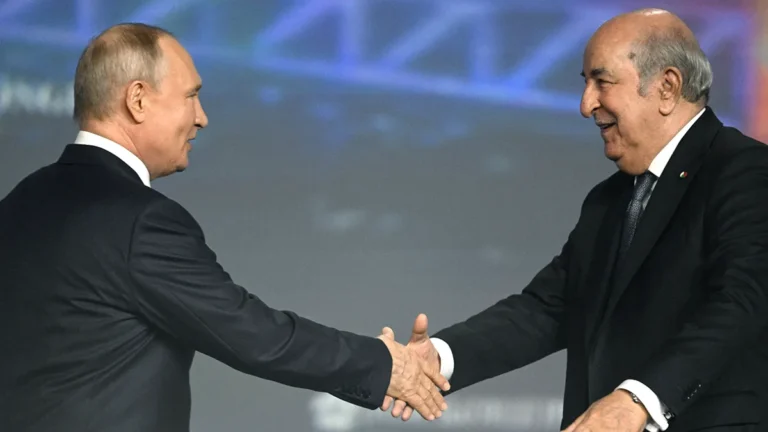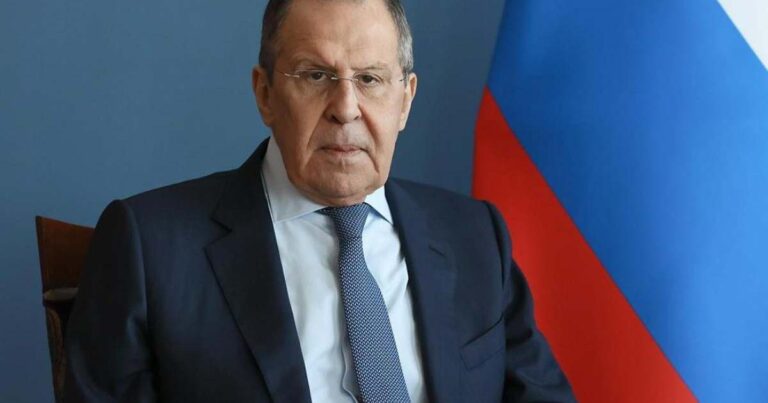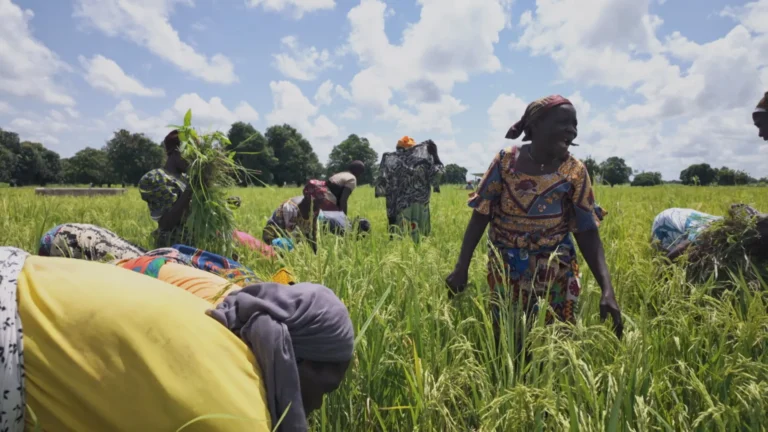
As a wave of diplomatic disengagement from Western nations reshapes Mali’s international alliances, one partnership remains notably resilient.
Dutch Ambassador Caecilia Wijgers, who concluded her mission this week, has left Bamako after a tenure marked by steadfast cooperation and strategic development, even as several other European states withdraw from the Sahel.
On Thursday, June 19, Malian Foreign Minister Abdoulaye Diop hosted a farewell audience in honour of Ms. Wijgers, praising her “deep and impactful contribution” to the evolution of bilateral ties.
Her departure comes at a time of rising geopolitical isolation for Mali, where shifting alliances and growing Russian influence have tested the endurance of traditional partnerships.
Unlike Belgium and Sweden — which have both closed embassies and scaled down diplomatic engagement — the Netherlands has sustained a robust presence.
In 2024 alone, Dutch exports to Mali amounted to $142 million, dwarfing Mali’s $1 million in exports to the Netherlands and underscoring a significant trade imbalance. Yet the relationship has gone far beyond commerce.
The Netherlands ranks among Mali’s most committed development partners, having contributed over $7.2 billion in international aid across key sectors such as food security, potable water access, and gender-based violence prevention.
Much of this aid has been channelled through UNFPA-backed initiatives, targeting the most vulnerable populations.
Ambassador Wijgers was instrumental in establishing support centres for survivors of gender-based violence, collaborating closely with Malian civil society organisations.
These efforts have not only provided critical services but also reinforced local capacity in a fragile humanitarian landscape.
“In an increasingly fragmented international context, the Netherlands has proven to be a reliable partner,” noted a senior Malian diplomat during the ceremony.
Her exit raises important questions about the future of Mali’s partnerships with Western nations.
As Bamako’s foreign policy continues to pivot eastward, observers are watching closely to see whether Dutch-backed development programmes can be sustained — or whether they, too, will become casualties of the region’s shifting alliances.
With Sweden having shuttered its embassy at the end of 2024, and Belgium suspending both diplomatic and military operations, the Netherlands now stands as one of the few remaining European powers actively engaged in Mali. Whether that presence can withstand increasing political headwinds remains to be seen.



